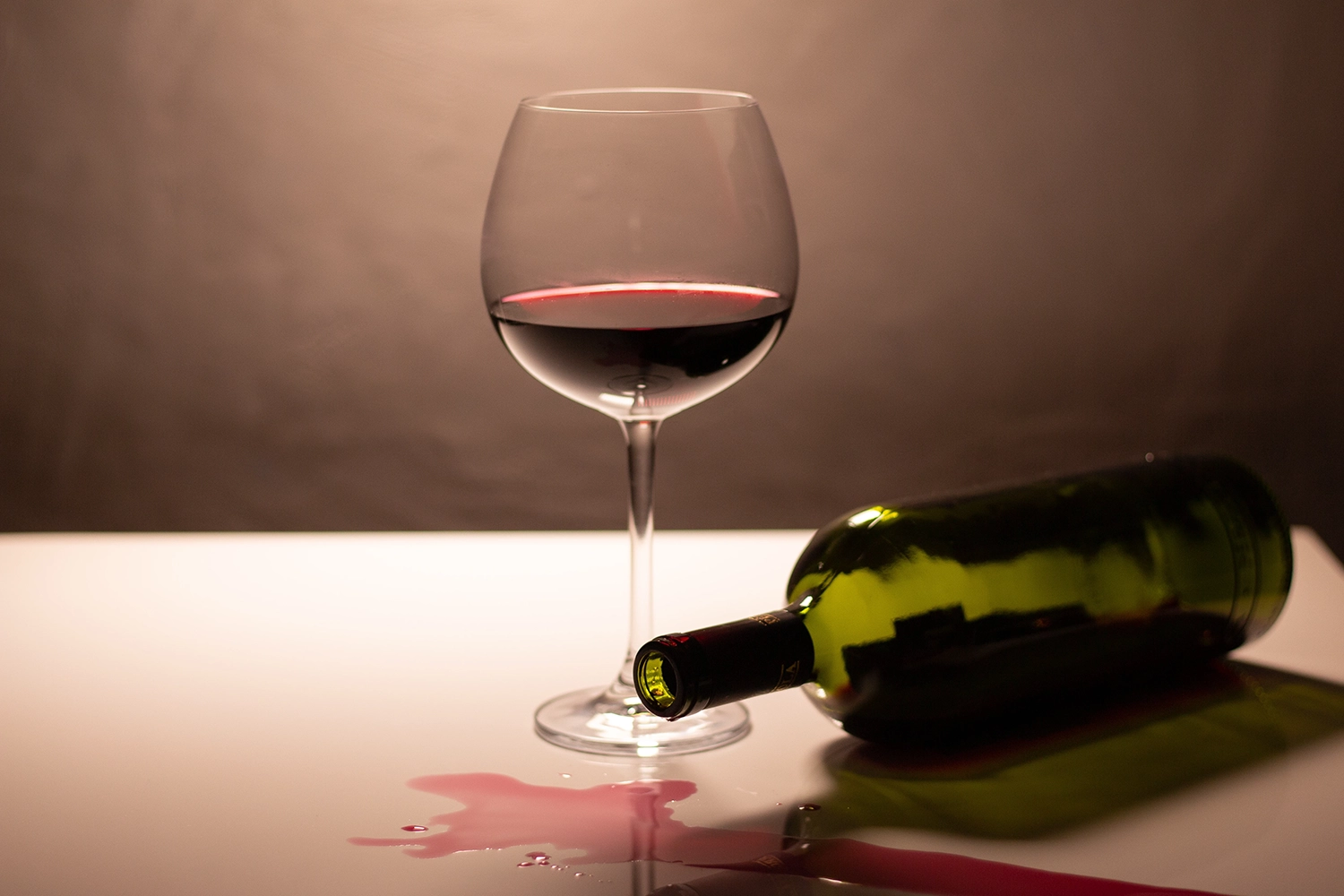Blog
Wine superstitions

Wine, this ancient beverage, is a part of festive meals and a product of gastronomic refinement; more than that, it is a powerful symbol, wrapped in numerous superstitions and traditions from around the world. Whether it is red or white wine, it has been associated over time with luck and health, but also with warnings or omens of misfortune.
Moldovan superstitions about wine
In Moldova, wine becomes a symbol of life and tradition, with deep roots in local culture and spirituality. Over the centuries, wine has been integrated into numerous superstitions, some of which are still preserved in certain rural areas.
- Wine at weddings: In many villages in Moldova, it is believed that if the bride and groom clink their wine glasses at their wedding without spilling a single drop, they will have a long and happy marriage. Wine is considered a symbol of fertility and prosperity, and spilling it could foretell difficulties in the future.
- Spilled wine brings luck: Paradoxically, in some Moldovan traditions, it is said that accidentally spilling wine brings good fortune. This belief stems from the idea that wine, being considered sacred, has the power to dispel negative energies when spilled.
- Wine as an offering: In certain Moldovan villages, wine is used as an offering during religious holidays, being considered a symbol of fertility and blessing. It is believed that drinking wine at the holiday table will attract divine protection over one's home.
Universal superstitions about wine
In Moldova, wine becomes a symbol of life and tradition, with deep roots in local culture and spirituality. Over the centuries, wine has been integrated into numerous superstitions, some of which are still preserved in certain rural areas.
- Clinking glasses to ward off evil spirits: It is said that the tradition of clinking glasses when drinking wine originates from an ancient superstition. In many cultures, it was believed that the sound of clinking glasses would drive away evil spirits that might poison the drink. Today, this custom is practiced more as a way to celebrate an occasion, but its origins are deeply symbolic.
- Red wine for health: In many cultures, red wine is considered a symbol of health and longevity. It is believed that drinking a small amount of red wine daily can bring health and luck, a belief that even has scientific backing due to resveratrol, an antioxidant found in the skin of red grapes.
- Opening a bottle of wine before holidays: In some places, it is believed that opening a bottle of wine before a major holiday, such as Christmas or Easter, attracts luck and prosperity for the coming year. It is also thought that wine consumed during these sacred holidays purifies the soul and brings peace to the family.
- Spilled wine at the table: In many European cultures, including France and Italy, it is believed that if you spill wine at the table, you will have good luck. In France, for example, accidentally spilled wine is considered a sign that someone will receive good news. However, the spilled wine should be left to dry on its own, or else the luck will be lost.
Bizarre superstitions about wine
Some wine-related superstitions are, however, more bizarre and perhaps harder to understand today, yet they reflect the beliefs and fears of people from different eras.
- Red wine as protection against vampires: In ancient times, in Eastern Europe, people believed that red wine had the power to keep vampires away. It was said that, due to its blood-like color, red wine could trick malevolent creatures into thinking their victim was already "drained."
- Unharvested grapes foretell povertyIn many rural areas of different countries, including Moldova, it is believed that leaving grapes unharvested in the vineyard brings misfortune. Grapes left to rot represent a waste of the earth's gifts, which could lead to a poor harvest the following year or even poverty.
- A broken wine vessel at a baptism: In some parts of Europe, breaking a wine vessel at a baptism is considered a beneficial superstition. It is believed that this act symbolizes breaking ties with evil and blessing the child with luck and health.
Throughout history, wine has been associated with prosperity and fertility due to its close connection to grape harvesting and the cycle of life. In many cultures, wine is used in rituals to ensure a bountiful harvest or to bless a new stage in life, whether it be a marriage, a baptism, or a new home.
In Moldova, wine is considered a sacred beverage, used in religious rituals and even in daily life as a symbol of fertility and well-being. To drink wine means to celebrate life and the fruits of the earth's labor.
Wine, both as a beverage and a symbol, has been surrounded by superstitions and beliefs that reflect people's deep connection to nature and spirituality. Whether it is about Moldovan traditions, where wine is considered a sacred gift of the land, or universal superstitions related to luck and health, wine continues to be a central element of culture and even daily life. So, whether you enjoy it at a festive table or use it in rituals and traditions, wine remains a symbol of life, luck, and prosperity.
